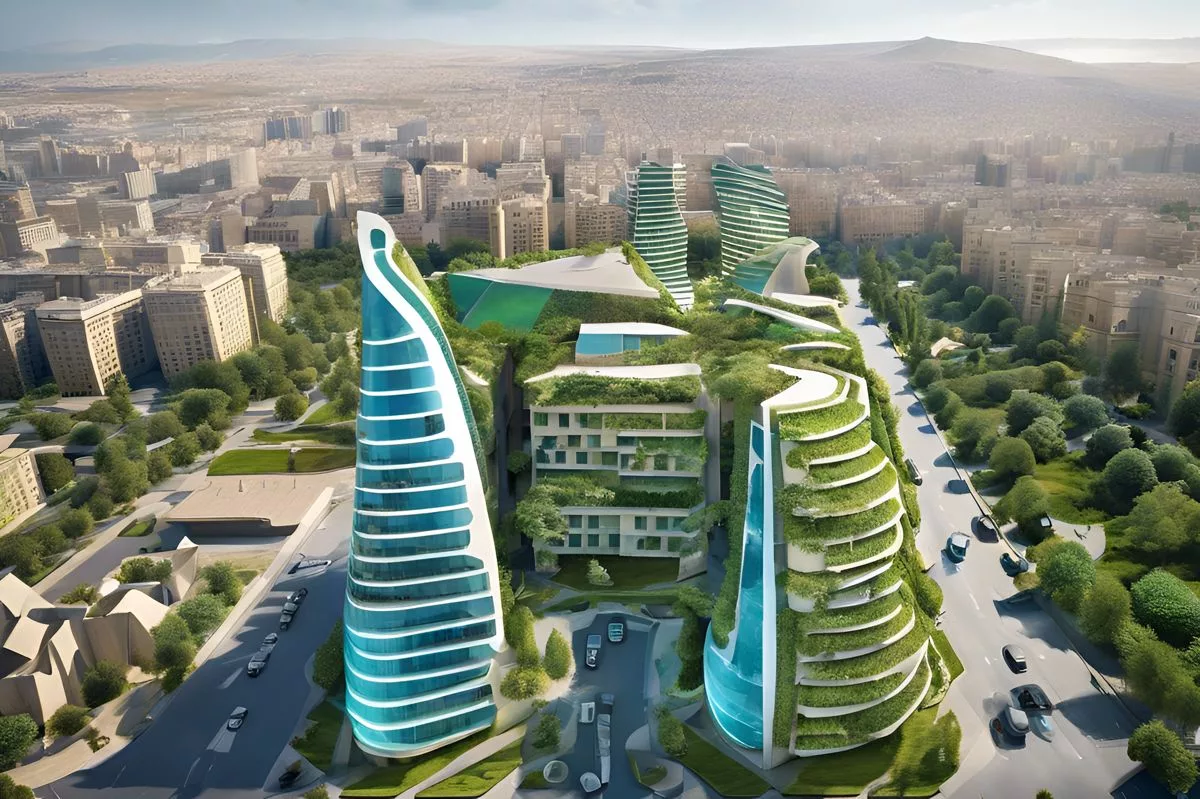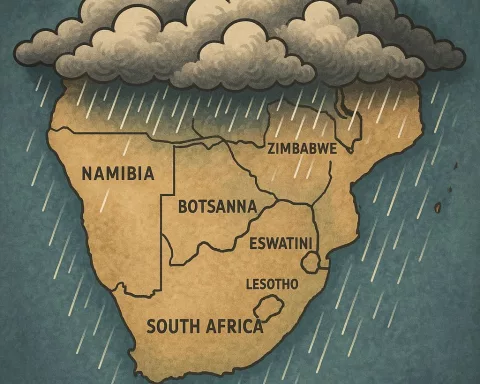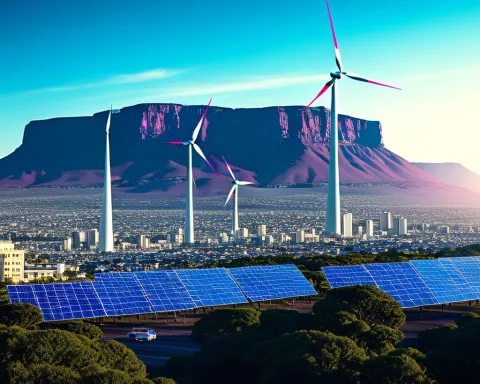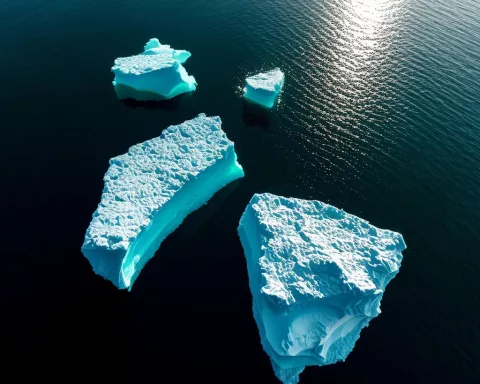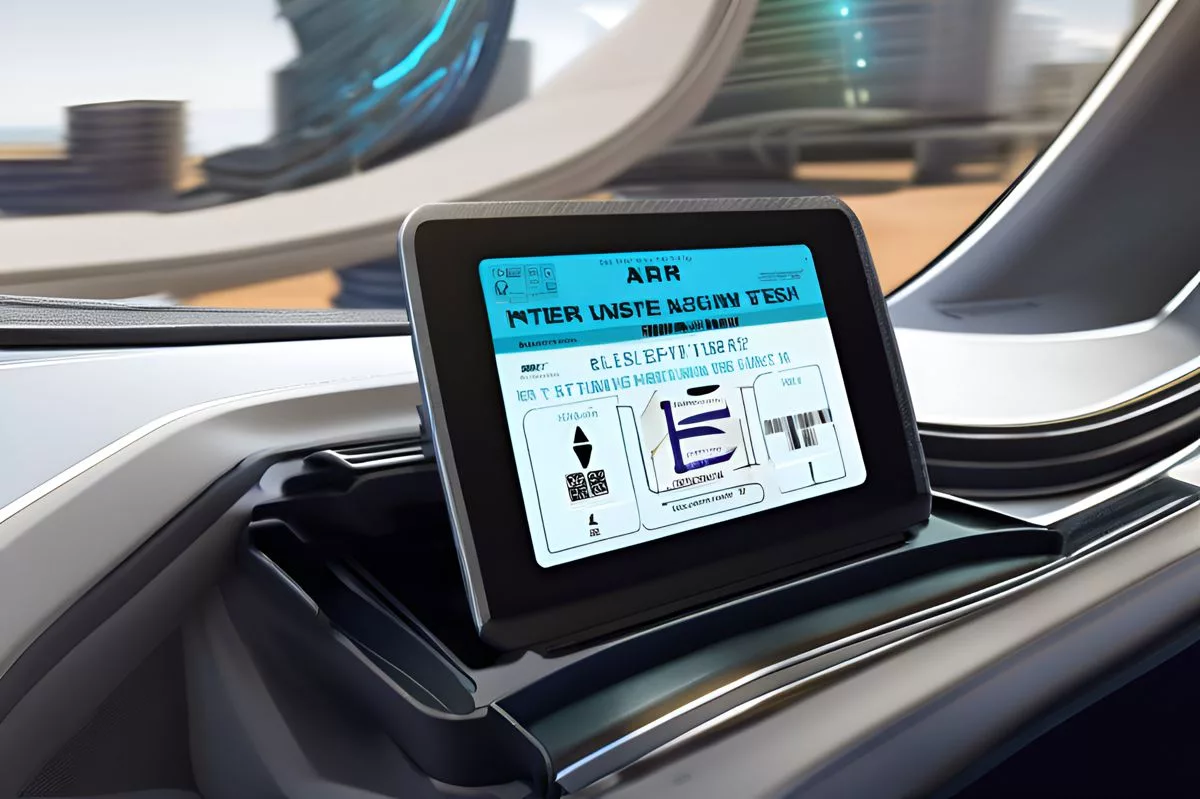The Pre-COP29 meeting in Baku was a big step towards fighting climate change. Leaders from different countries gathered to share ideas on how to lower emissions and work together for a better future. They focused on important topics like the Mitigation Work Program to help countries learn from each other and bring in new technologies. Everyone recognized that strong teamwork and open talks are essential to tackle the challenges we face and ensure a greener world.
“`markdown
What were the key outcomes of the Pre-COP29 plenary in Baku?
The Pre-COP29 plenary in Baku emphasized urgent climate action through collaboration. Key outcomes included:
- Advancing the Mitigation Work Program (MWP) for shared experiences.
- Integrating Global Stocktake findings into decision-making.
- Fostering energy transition and technological advancement.
- Promoting robust political dialogue for overcoming challenges.
“`
Uniting for a Sustainable Future: Insights from the Pre-COP29 Plenary in Baku
Setting the Stage in Baku
Baku, the bustling capital of Azerbaijan, recently became the focal point of international discussions on climate change, as it hosted the Pre-COP29 plenary. This gathering was a crucial milestone in the ongoing global efforts to address climate change, bringing together nations to strategize on reducing emissions and promoting sustainable development. Among the key figures was Dr. Dion George, the Minister of Forestry, Fisheries, and the Environment, who played a pivotal role by presenting a comprehensive report on informal consultations regarding mitigation. His insights captured the essence of a complex narrative—one characterized by ambition, collaboration, and the urgent need for action.
The challenge of climate change has historically prompted diverse approaches, drawing on scientific, political, and social dimensions. The discussions in Baku continued this tradition, building on the foundation laid by the UAE consensus, which had emphasized the necessity for ambitious mitigation targets. The gathering was not only about setting new goals but also about implementing the collective outcomes from COP28, a sentiment strongly echoed by the participating nations.
In an unexpected turn, the plenary saw ministers deviating from prepared speeches, favoring open and candid exchanges. This departure from the usual formalities of diplomatic engagements led to a more profound understanding of the issues at hand. Delegates grappled with two pivotal questions: what elements were necessary for a viable mitigation package at COP29, and how could past efforts be leveraged to shape future outcomes?
Mitigation and Collaboration
Central to the discussions in Baku was the Mitigation Work Program (MWP), which emerged as a key focus. Participants stressed the urgency of advancing the MWP as a platform for nations to share experiences and learn from each other. There was a collective resolve to uphold the mandates of the MWP, ensuring alignment with the Global Stocktake (GST) outcomes. However, tensions surfaced between the desire for genuine collaboration and the current MWP structure. Some participants called for more expansive discussions on investment and cooperation, advocating for an approach that transcends existing limitations.
The Global Stocktake, a critical element of the Paris Agreement, was another major topic of discussion. Many delegates highlighted the importance of integrating GST findings into decision-making processes, bridging the gap between planning and implementation. This dialogue also touched on the international financial architecture, emphasizing the need for adequate resources to support mitigation efforts. The MWP’s potential to facilitate this integration and drive energy transitions was a recurring theme throughout the discussions.
When it came to Nationally Determined Contributions (NDCs), the conversation focused on aligning these commitments with the ambitious target of limiting global warming to 1.5 degrees Celsius. Participants underscored the role of COP30 in facilitating discussions on NDCs, emphasizing the need to send strong signals to the international community. The emphasis on collective momentum highlighted the importance of the MWP in achieving these ambitious goals.
Energy Transition and Technological Advancement
Transitioning to low-emission energy technologies was another crucial topic of the plenary. Delegates discussed the role of traditional fuels in reducing emissions, with a focus on transitioning to greener alternatives. The need for financial resources to support this shift was paramount, underscoring the MWP’s role in facilitating these energy transition goals.
The discourse in Baku was rich with insights into tracking progress and showcasing both individual and collective contributions to the GST decision. Existing programs, alongside the MWP, were seen as vital tools for reflecting progress and implementing key recommendations. The potential of the MWP to provide valuable information and support for energy transition efforts remained a central point of discussion.
An important takeaway was the need to align with technology, particularly in challenging sectors. This called for robust political dialogue and technological exchange to overcome barriers. The dialogue, characterized by a recognition of fundamental tensions, underscored the importance of enhancing the technical nature of MWP dialogues. This approach focused on discussing real domestic issues, challenges, and best practices, moving beyond mere political negotiations.
Bridging Gaps and Shaping the Future
The discussions in Baku echoed broader historical movements in environmental activism, reminiscent of the early conservation efforts of the late 19th century and the environmental justice movements of the 20th century. Like these movements, the dialogues in Baku sought to bridge gaps between intentions and actions, fostering a sense of shared responsibility among nations.
Clarification of the UAE Dialogue’s scope and purpose in Baku ensured it complemented existing processes. This initiative highlighted the necessity of a comprehensive approach to mitigation, one that integrates diverse perspectives and solutions. While centered on climate change, the dialogues in Baku also reflected broader societal shifts towards inclusivity and collaboration—evoking artistic movements that aimed to break boundaries and redefine norms.
The Pre-COP29 plenary, with its candid exchanges and focus on actionable outcomes, marked a significant step in the global climate dialogue. It underscored the need for collective action, grounded in shared experiences and mutual learning. As the world stands at the crossroads of climate action, the lessons from Baku offer a roadmap for navigating the challenges ahead, reminding us of the power of dialogue, collaboration, and ambition in shaping a sustainable future.
“`
FAQ: Insights from the Pre-COP29 Meeting in Baku
What was the purpose of the Pre-COP29 meeting in Baku?
The Pre-COP29 meeting in Baku aimed to bring together leaders from various countries to discuss strategies for reducing emissions and promoting sustainable development. The gathering focused on enhancing collaboration and sharing innovative ideas, particularly through the Mitigation Work Program (MWP).
What are the key outcomes of the Pre-COP29 plenary?
The plenary emphasized urgent climate action through collaboration, with key outcomes including:
1. Advancement of the Mitigation Work Program (MWP) for shared experiences.
2. Integration of Global Stocktake findings into decision-making.
3. Promotion of energy transition and technological advancements.
4. Encouragement of robust political dialogue to overcome challenges.
Who were the notable figures at the Pre-COP29 meeting?
Dr. Dion George, the Minister of Forestry, Fisheries, and the Environment, was a notable figure at the meeting. He presented a comprehensive report on informal consultations regarding mitigation, highlighting the urgent need for ambitious climate action and collaboration among nations.
How did the discussions in Baku differ from typical diplomatic engagements?
In a departure from formal speeches, delegates at the plenary engaged in candid, open exchanges. This shift allowed for a deeper understanding of critical issues and facilitated discussions on creating viable mitigation packages for COP29.
What role does the Mitigation Work Program (MWP) play in climate action?
The MWP serves as a platform for nations to share experiences and collaborate on mitigation strategies. It aims to align efforts with the outcomes of the Global Stocktake and facilitate the transition to low-emission energy technologies, emphasizing the need for investment and cooperation among countries.
Why is the integration of Global Stocktake findings important?
Integrating Global Stocktake findings is essential for bridging the gap between planning and implementation in climate action. It provides delegates with the necessary insights to shape effective Nationally Determined Contributions (NDCs) and ensures that collective goals, such as limiting global warming to 1.5 degrees Celsius, are met.

